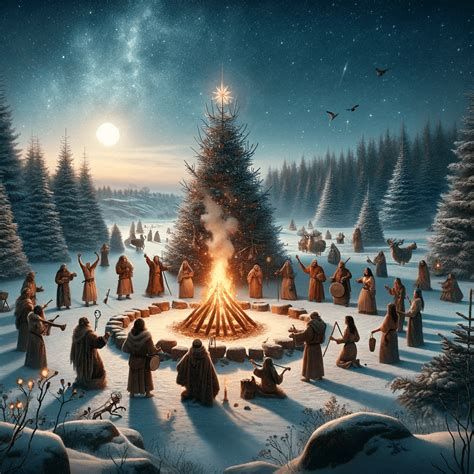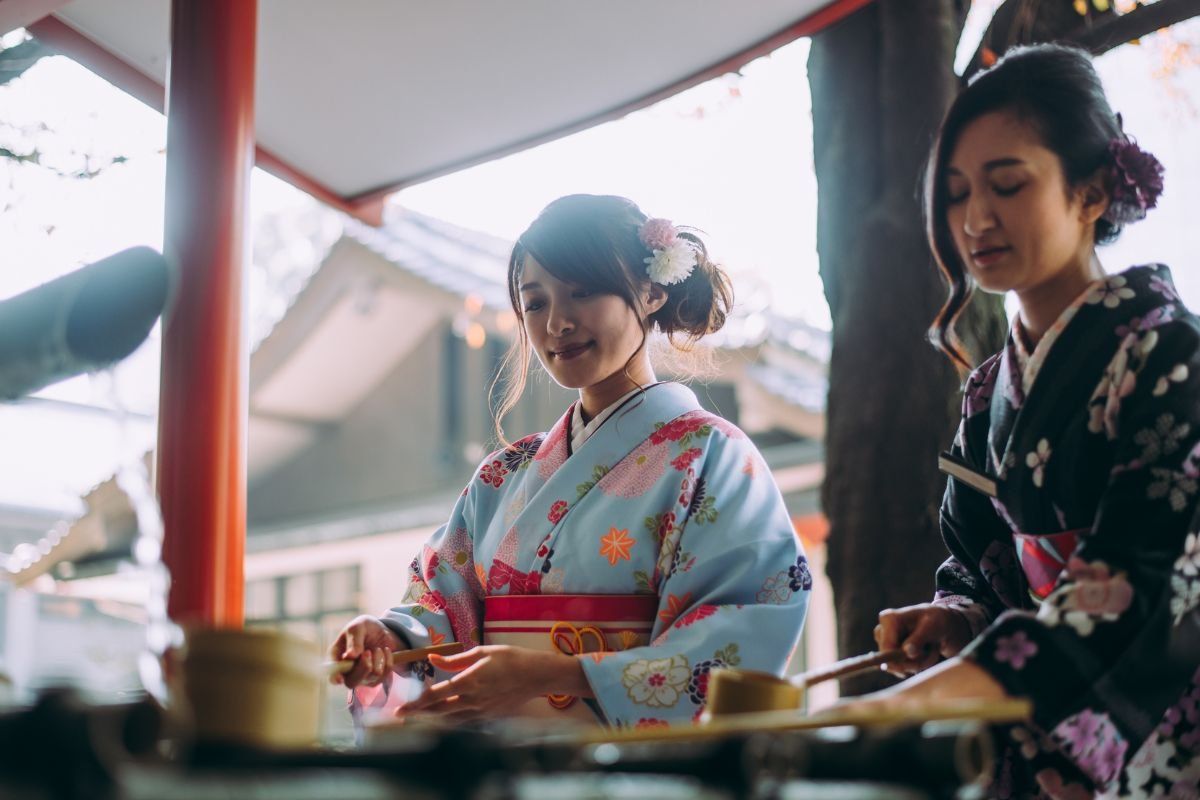
Christmas is a magical time of the year, filled with joy, love, and festivities. However, it's not the only significant holiday celebrated during this time. There are several other holidays near Christmas that are worth knowing about. In this article, we'll explore seven of these holidays and their unique traditions, customs, and significance.
The holiday season is a time of great cultural and spiritual diversity, and understanding these different celebrations can help us appreciate the richness of human experience. From ancient pagan festivals to modern-day observances, these holidays offer a fascinating glimpse into the traditions and values of various communities around the world.
1. Hanukkah

Hanukkah is an eight-day Jewish holiday that usually falls in late November or December. It commemorates the rededication of the Second Temple in Jerusalem during the Maccabean Revolt of the 2nd century BCE. Hanukkah is known as the Festival of Lights, and its central tradition is the lighting of the hanukkiah, a special nine-branched menorah.
Each night of Hanukkah, families gather to light the hanukkiah, exchange gifts, and share traditional foods like latkes and sufganiyot (jelly donuts). The holiday is a joyous celebration of faith, family, and community.
2. Kwanzaa

Kwanzaa is a week-long celebration honoring African American culture and heritage. It was created in 1966 by Maulana Karenga, an African American scholar and activist, and is observed from December 26 to January 1.
Kwanzaa is based on traditional African harvest festivals and emphasizes seven principles known as the Nguzo Saba. These principles are:
- Umoja (Unity)
- Kujichagulia (Self-Determination)
- Ujima (Collective Work and Responsibility)
- Ujamaa (Cooperative Economics)
- Nia (Purpose)
- Kuumba (Creativity)
- Imani (Faith)
During Kwanzaa, families come together to light the kinara (a seven-branched candleholder), exchange gifts, and engage in activities that promote unity, self-determination, and community building.
3. Yule

Yule, also known as Winter Solstice, is an ancient pagan festival that marks the shortest day of the year. It is celebrated on December 21 or 22 in the Northern Hemisphere and June 20 or 21 in the Southern Hemisphere.
Yule has its roots in ancient Germanic and Nordic cultures, where it was celebrated as a time of renewal and rebirth. The festival is associated with the god Odin and the Wild Hunt, a procession of ghostly warriors and hunters.
Modern pagans and Wiccans continue to observe Yule as a time of spiritual reflection, feasting, and merriment. They often decorate their homes with evergreen branches, holly, and mistletoe, and engage in rituals to mark the return of the sun.
4. Omisoka

Omisoka is a Japanese New Year's Eve celebration that takes place on December 31. It is a time for families and friends to come together, reflect on the past year, and welcome the new one.
During Omisoka, people visit shrines and temples to pray for good luck, health, and happiness. They also engage in traditional activities like cleaning the home, eating toshikoshi soba (year-crossing noodles), and visiting relatives.
At midnight, many people gather at famous landmarks like Tokyo Tower or Osaka Castle to count down the final minutes of the old year and welcome the new one with fireworks and cheers.
5. Las Posadas

Las Posadas is a nine-day Mexican holiday that begins on December 16 and ends on Christmas Eve. It commemorates the journey of Mary and Joseph as they searched for shelter in Bethlehem.
Each night of Las Posadas, families reenact the journey, going from house to house and asking for shelter. They are often turned away, but eventually, they find a welcoming home where they can rest and celebrate.
Las Posadas is a time for families and friends to come together, share traditional foods like tamales and hot chocolate, and sing Christmas carols.
6. St. Lucia Day

St. Lucia Day is a Scandinavian holiday celebrated on December 13. It commemorates the martyrdom of St. Lucia, a 4th-century Christian saint.
On St. Lucia Day, families wake up early to sing traditional songs and eat sweet treats like saffron buns and gingerbread. The eldest daughter in each family dresses up as St. Lucia, wearing a white robe and a crown of candles.
The celebration is a time for families to come together, share stories, and enjoy traditional foods and activities.
7. Boxing Day

Boxing Day is a public holiday in several countries, including the United Kingdom, Canada, and Australia. It is celebrated on December 26, the day after Christmas.
The origins of Boxing Day are unclear, but it is believed to have started in the Middle Ages, when servants and tradesmen would receive gifts, known as "Christmas boxes," from their employers.
Today, Boxing Day is a time for sports, shopping, and leisure activities. Many people engage in outdoor pursuits like horse racing, football, and hunting, while others take advantage of post-Christmas sales and discounts.
In conclusion, the holiday season is a rich and diverse tapestry of celebrations, each with its unique traditions, customs, and significance. By learning about these different holidays, we can gain a deeper appreciation for the cultural and spiritual diversity of our world.
So, which of these holidays resonates with you the most? Share your thoughts and experiences in the comments below, and don't forget to follow us for more articles on culture, history, and traditions from around the world.




What is the significance of Hanukkah?
+Hanukkah is a Jewish holiday that commemorates the rededication of the Second Temple in Jerusalem during the Maccabean Revolt of the 2nd century BCE.
What are the seven principles of Kwanzaa?
+The seven principles of Kwanzaa are: Umoja (Unity), Kujichagulia (Self-Determination), Ujima (Collective Work and Responsibility), Ujamaa (Cooperative Economics), Nia (Purpose), Kuumba (Creativity), and Imani (Faith).
What is the origin of Boxing Day?
+The origins of Boxing Day are unclear, but it is believed to have started in the Middle Ages, when servants and tradesmen would receive gifts, known as "Christmas boxes," from their employers.